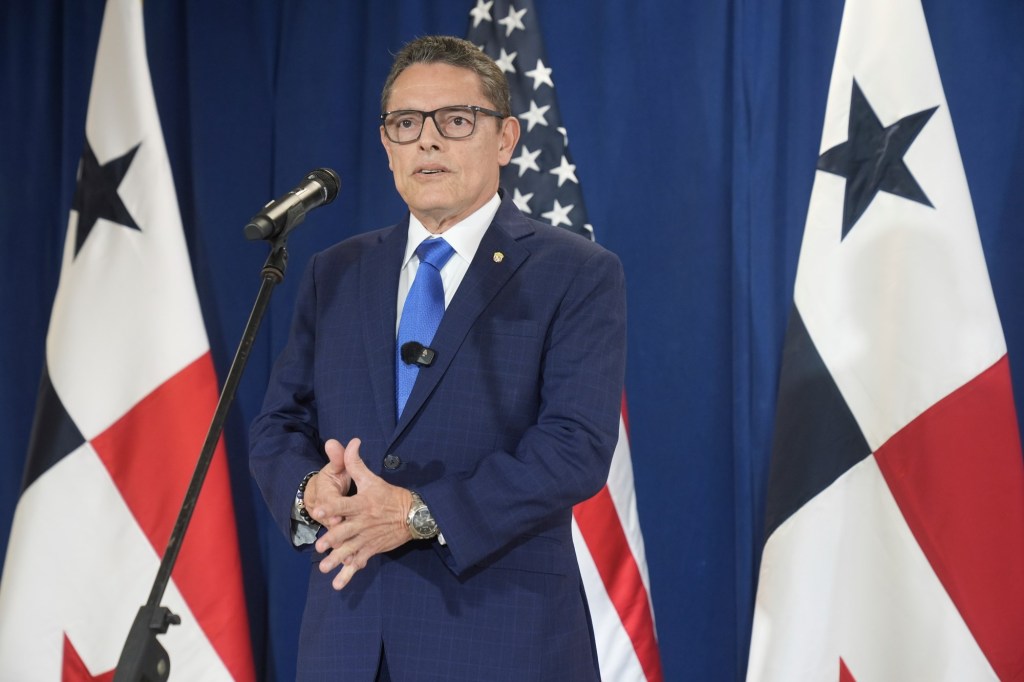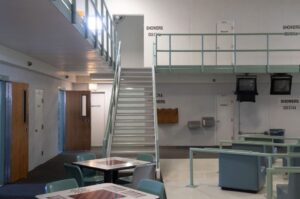
In a complex international maneuver involving multiple nations, nearly 300 migrants are currently confined to a hotel in Panama. These individuals, originating from various countries, have been deported under the administration of U.S. President Donald Trump. They await arrangements for their return home, a process complicated by the involvement of international authorities.
According to Panamanian officials, over 40% of these migrants are unwilling to return to their home countries. Many have taken to their hotel windows, displaying messages such as “Help” and “We are not save (sic) in our country.” This highlights the desperation felt by those from the 10 predominantly Asian nations represented among the detainees, including Iran, India, Nepal, Sri Lanka, Pakistan, Afghanistan, and China.
The United States faces logistical challenges in deporting directly to these countries, leading to Panama’s current role as a transit point. Costa Rica is also preparing to receive a similar group of deportees shortly.
Panama’s Role in the Deportation Process
Security Minister Frank Abrego of Panama stated that the migrants are being provided with medical care and food as part of a bilateral migration agreement with the U.S. The arrangement, announced earlier in the month following a visit from U.S. Secretary of State Marco Rubio, positions Panama as a “bridge” for these deportees. All costs related to the operation are covered by the U.S.
The agreement’s first flight of deportees was confirmed by Panamanian President José Raúl Mulino, who is under political scrutiny amidst U.S. threats of reclaiming control over the Panama Canal. The situation has stirred concern within Panama, as images of migrants pleading for assistance from their hotel windows circulate widely.
Current Status and Future Steps
Despite their inability to leave the hotel premises, Abrego maintains that these individuals are not formally detained. Police guard the facility, while international organizations like the International Organization for Migration and the U.N. Refugee Agency engage with the deportees to negotiate their return.
Out of the 299 deportees, 171 have consented to return voluntarily with support from these organizations. One Irish citizen has already returned home. The remaining 128 continue discussions with U.N. agencies to explore options for relocation to third countries. Those refusing repatriation face temporary relocation to a facility in Darien province, a region historically used by migrants traveling northward.
The Panamanian Ombudsman’s Office is expected to release further information regarding the situation later.







Be First to Comment